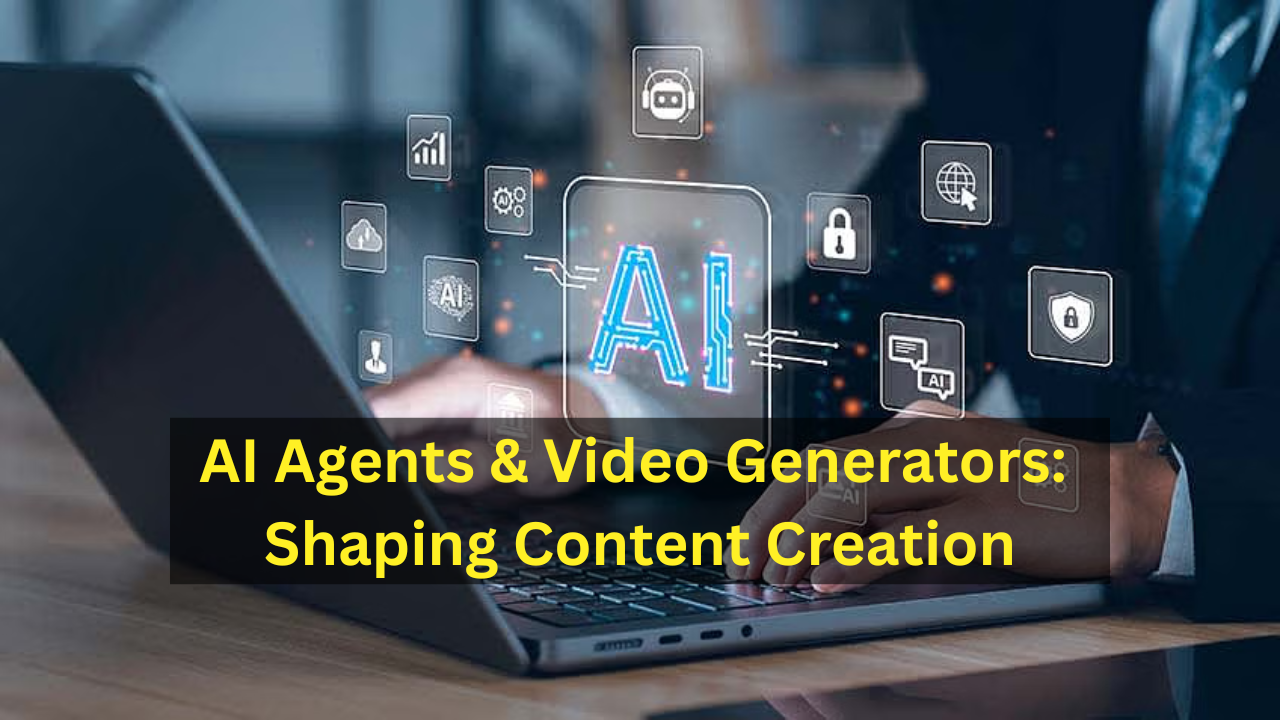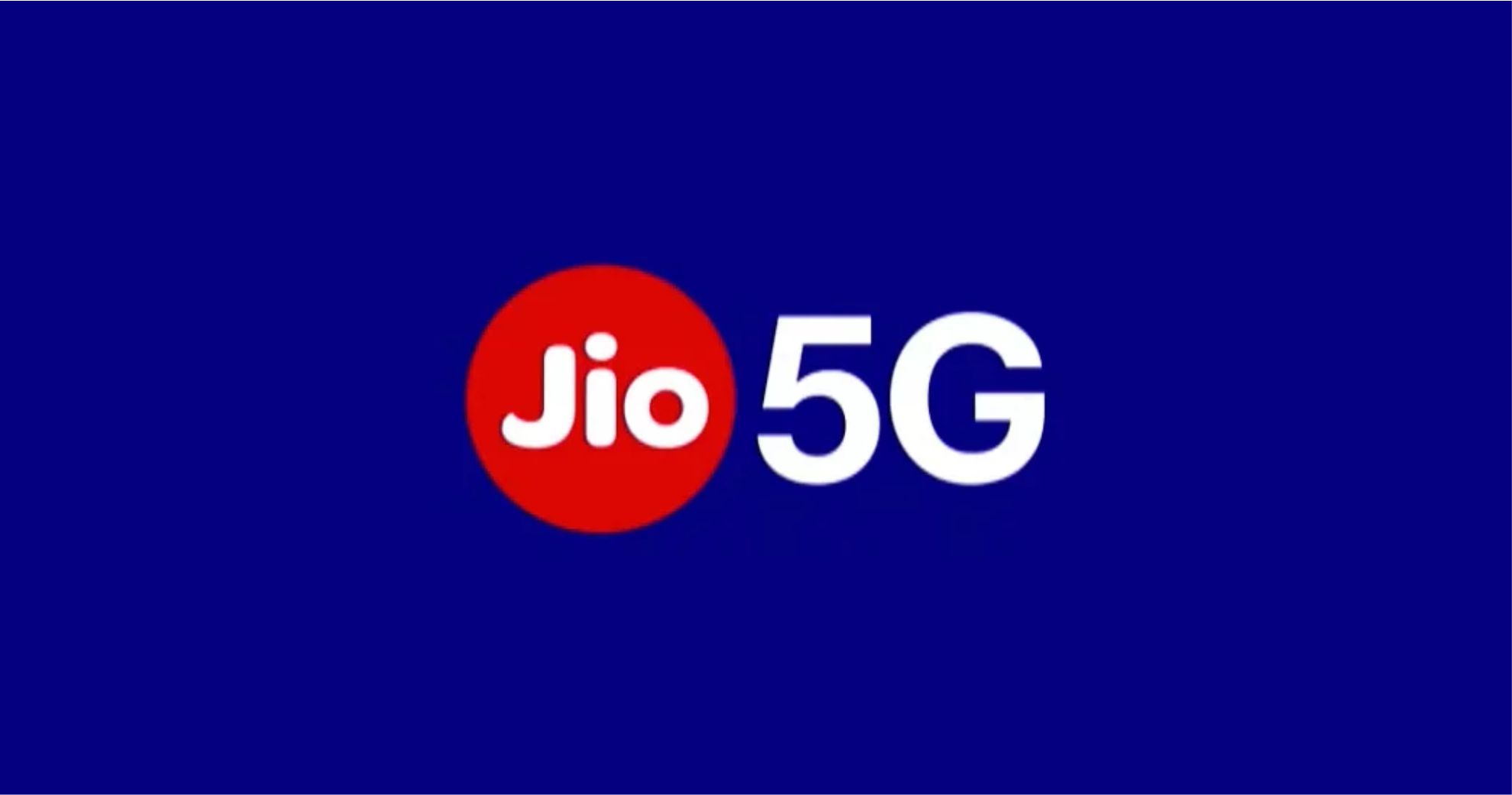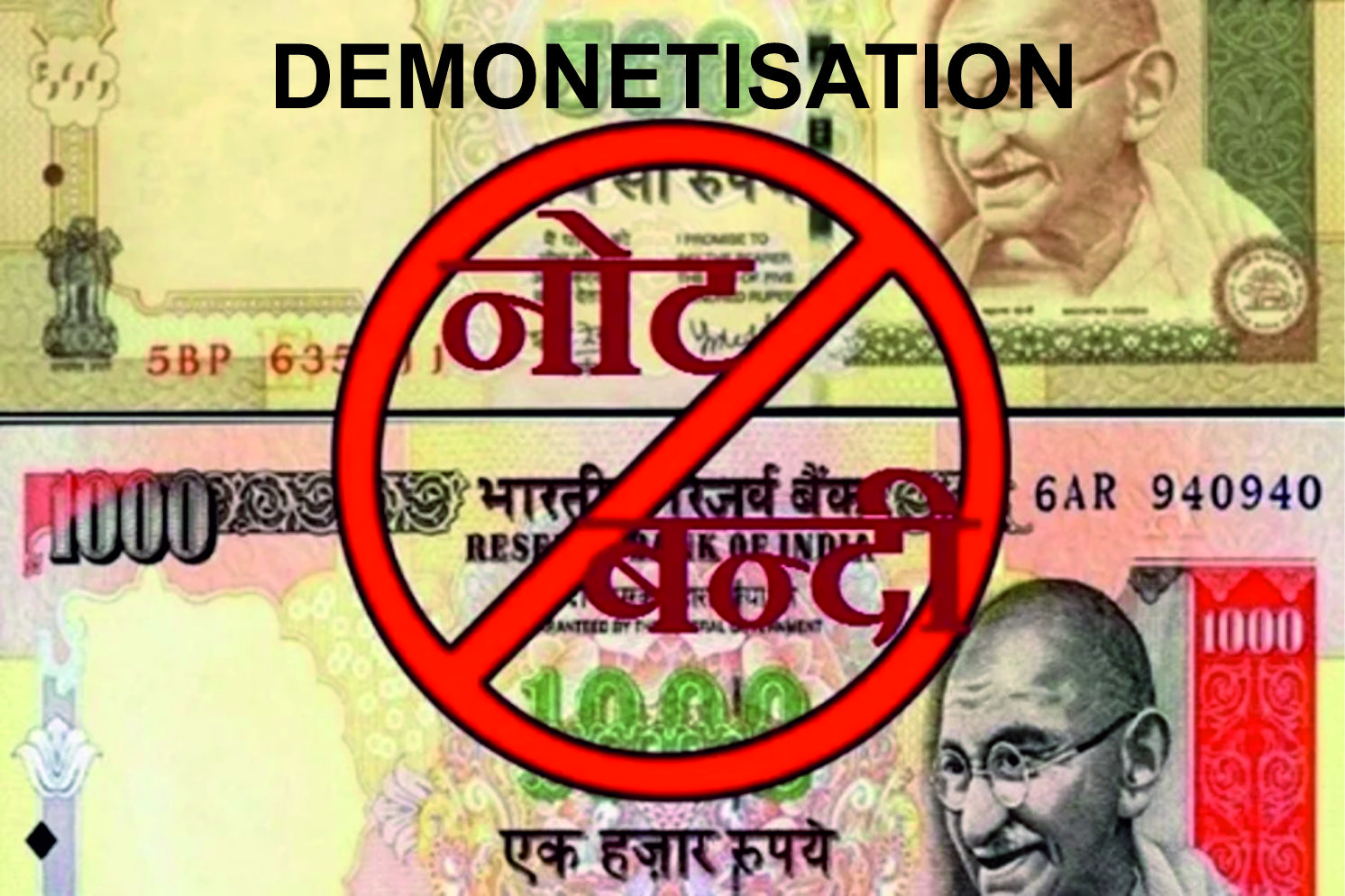AI Agents & Video Generators: Shaping Content Creation

The rapid advancement of artificial intelligence is reshaping industries worldwide, with content creation at the forefront of this transformation. Among the most influential tools driving this change are AI agents and AI-powered video generators, which are streamlining workflows, redefining creativity, and enhancing accessibility in media production. By 2025, the global market for AI in media and entertainment is projected to reach $99.48 billion, growing at a CAGR of 26% from 2020, according to industry reports.
The Rise of AI Agents
AI agents are intelligent software systems designed to autonomously perform complex tasks, revolutionizing content creation by enhancing efficiency and personalization. Key capabilities include:
-
Research and Ideation: AI agents analyze vast datasets, including social media trends and consumer behavior, to generate tailored content ideas. For instance, tools like Jasper and Copy.ai can produce blog outlines or ad copy based on real-time market insights, with 68% of marketers reporting improved campaign performance using AI-driven insights (Forbes, 2025).
-
Automation of Repetitive Tasks: From scheduling social media posts to optimizing SEO metadata, AI agents save creators significant time. Platforms like Hootsuite’s AI scheduler automate up to 80% of repetitive social media tasks, boosting productivity for 73% of surveyed businesses (Social Media Today, 2025).
-
Enhanced Personalization: By leveraging user data, AI agents craft highly targeted content strategies. For example, Netflix’s recommendation engine, powered by AI, drives 80% of viewer engagement by suggesting personalized content, a model now adopted by content creators globally (Statista, 2025).
For marketers, journalists, and bloggers, AI agents act as collaborative digital assistants, accelerating output while maintaining quality. In 2024, 62% of content creators reported using AI tools for at least 25% of their workflow, according to a Content Marketing Institute survey.
AI-Powered Video Generators
Video content dominates digital engagement, accounting for 82% of global internet traffic in 2024 (Cisco Annual Internet Report). However, traditional video production is resource-intensive, requiring scripts, actors, cameras, and editing expertise. AI video generators are dismantling these barriers by:
-
Text-to-Video Capabilities: Tools like Synthesia and Runway transform written prompts into polished video clips with voiceovers, music, and visuals in minutes. For instance, Synthesia’s platform supports over 120 languages, enabling creators to produce localized videos at scale.
-
Virtual Avatars: AI-driven avatars eliminate the need for on-camera talent. Companies like Hour One offer lifelike digital presenters that reduce production costs by up to 90% compared to traditional shoots, based on 2025 industry estimates.
-
Scalability: Businesses can generate hundreds of personalized video ads or tutorials rapidly. In 2024, e-commerce brands using AI video tools reported a 35% increase in conversion rates by deploying personalized product videos (Econsultancy, 2025).
Leading platforms like Synthesia, Runway, and Pika Labs have democratized professional-grade video production, with over 1.5 million creators globally using AI video tools in 2024, a 120% increase from 2023 (TechCrunch).
Impact on the Content Landscape
The convergence of AI agents and video generators is creating a new paradigm in content creation, with tangible impacts:
-
Faster Production Cycles: Tasks that once took weeks, such as video editing or content research, can now be completed in hours. For example, AI tools reduced video production time by 65% for 45% of surveyed businesses in 2025 (Gartner).
-
Democratization of Creativity: Individuals without technical expertise can produce high-quality content. Over 50% of small businesses adopted AI video tools in 2024 to compete with larger brands, according to Entrepreneur.com.
-
Global Reach: Multilingual AI tools break language barriers, enabling content to resonate with diverse audiences. In 2025, 70% of global brands used AI to localize content, reaching 2 billion new viewers (Forbes).
However, challenges persist:
-
Ethical Concerns: Deepfakes and AI-generated content raise authenticity issues, with 64% of consumers expressing concerns over misinformation in AI-generated videos (Pew Research, 2025).
-
Intellectual Property: Legal frameworks for AI-generated content are still evolving, with 40% of creators unsure about ownership rights (WIPO, 2025).
-
Job Displacement: While AI enhances productivity, 28% of content creators fear job losses due to automation, according to a 2025 LinkedIn survey.
Looking Ahead
The future of content creation will likely embrace a hybrid model, blending human creativity with AI efficiency. Writers, designers, and video producers will shift focus to strategy and storytelling, while AI handles execution and scalability. By 2027, 90% of digital content is expected to involve AI in some capacity, per IDC projections. For brands, educators, and media professionals, this symbiotic relationship offers immense potential to meet the growing demand for fresh, engaging content in an era of short attention spans.
In 2025, AI agents and video generators are not just tools—they are catalysts reshaping digital communication, with the market for AI-driven content creation tools expected to grow by 30% annually through 2030 (McKinsey). As adoption accelerates, addressing ethical and legal challenges will be critical to ensuring these technologies empower creators responsibly.



 189
189

 The BharatBiz
The BharatBiz
 16
16

